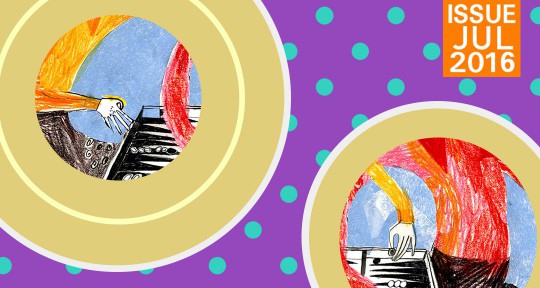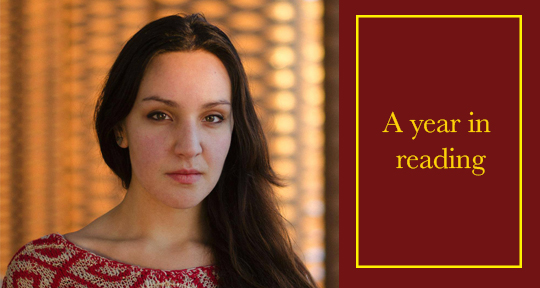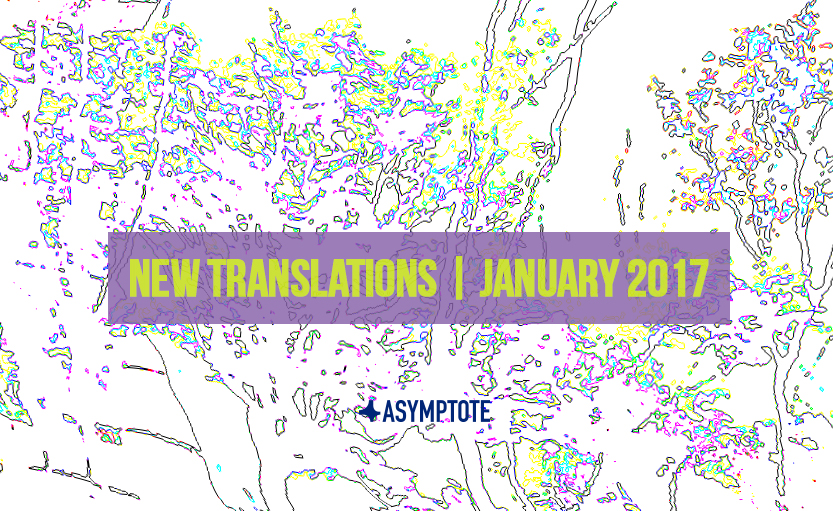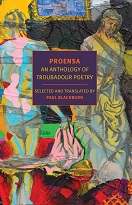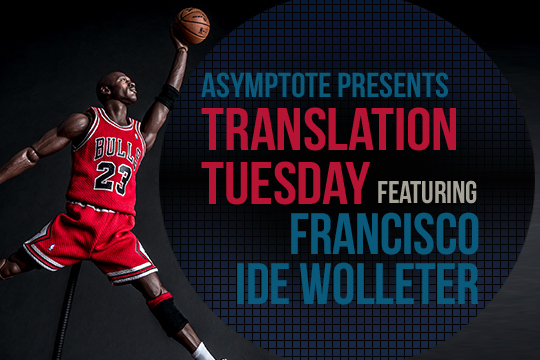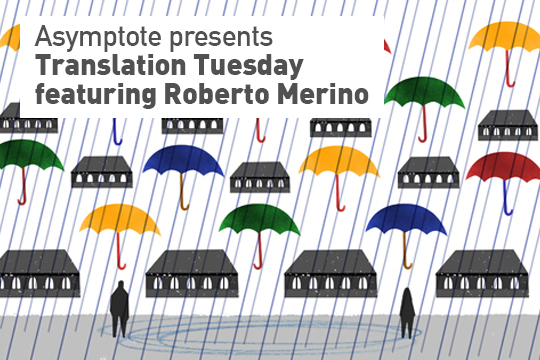This week, our weekly dispatches take you to Poland, France, Mexico and Guatemala for the latest in literary prizes, and literary projects, featuring social media, and indigenous poets in translation.
Julia Sherwood, Editor-At-Large, reporting from Poland:
Hot on the heels of a US book tour for her International Man Booker Prize-winning novel Flights (translated by Jennifer Croft), the indefatigable Olga Tokarczuk appeared at a series of events to mark the UK publication of her newest book. The “existential thriller” Drive Your Plow Over the Bones of the Dead, translated by Antonia Lloyd-Jones and published by Fitzcarraldo Editions, is fast garnering rave reviews, and London audiences had an opportunity for a Q&A with the author combined with a screening of Spoor, the book’s film adaptation. There was also a lively conversation between Olga Tokarczuk and writer and chair of the International Man Booker judges, Lisa Appignanesi, at the Southbank Centre. Meanwhile, Flights has been shortlisted for the National Book Award for translation as well as for the Warwick Prize for Women in Translation, the shortlist of which includes another book by a Polish author, Żanna Słoniowska’s The House with a Stained Glass Window (also translated by Antonia Lloyd-Jones).
Anyone who may have been afraid to tackle the classics of Polish literature will no longer have any excuse now that Adam Mickiewicz’s epic poem Pan Tadeusz has appeared in a new and highly readable English version. “I undertook this translation out of the conviction that Pan Tadeusz is fundamentally an accessible poem for twenty-first-century non-Polish readers. It’s witty, lyrical, ironic, nostalgic, in ways that seem to me quite transparent and universal,” writes multi-award-winning translator Bill Johnston in his introduction. At a book launch at the Polish Hearth Club in London on October 8, Johnston compared notes with poet and translator George Szirtes, who introduced his translation of the Hungarian classic The Tragedy of Man by Imre Madách.


